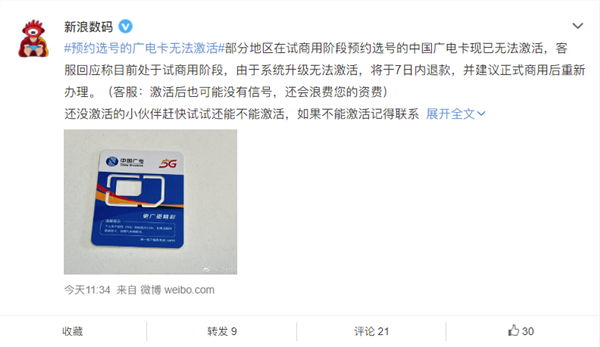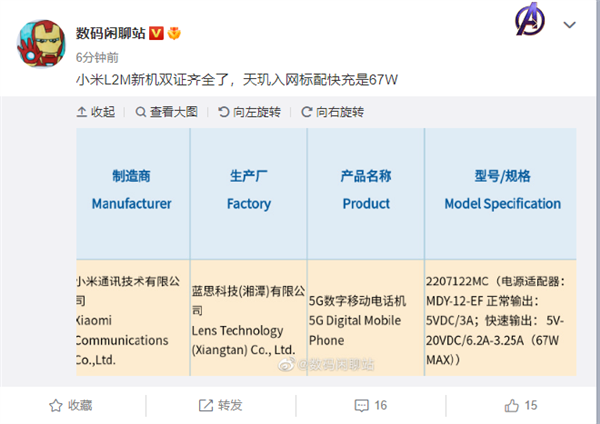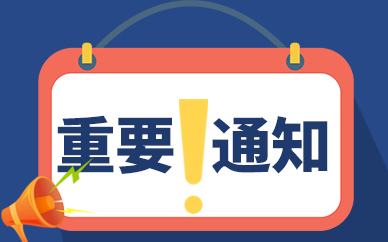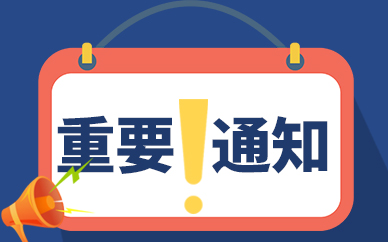Image source: China Visual
By Shaw Wan and Liu Min
BEIJING, July 25 (TMTPOST) – Five regulators in western China’s Shaanxi province have jointly announced 13 regulatory measures over pre-sale payments, up-front money from buyers prior to the completion of the constrution of a property, to curb an increase in delayed home projects. This was the first local regulation overhaul that came amid growing nationwide mortgage boycotts.
 (相关资料图)
(相关资料图)
Such move followed the steps of other Chinese provinces to localize the national policy initiated by the Ministry of Housing and Urban-Rural Development, People"s Bank of China and China Banking and Insurance Regulatory Commission (CBIRC) in January. It aimed at ensuring the completion and delivery of real estate projects, safeguarding the legitimate rights and interests of homebuyers, and promoting the stable and healthy development of the real estate market.
These policy changes came as a growing number of homebuyers across China refused to pay their home loans unless developers resumed construction of pre-sold homes. One buyer in Hangzhou, the host city of the 2022 Asian Games, said the construction of his home stopped in May, 11 months before the promised delivery time.
“Please help us. We buyers are in desperate need of an apartment, as we are expecting a baby or need to finish household registration,” he posted on Chinese social media.
Nationwide mortgage boycotts by homebuyersIn centralChina’s Jiangxi province, homebuyers announced a halt for keeping up with mortgage instalments on apartments bought off the plan on June 30. The statement brought the lasting mortgage boycott to the public attention.
Before that, homebuyers in other parts of China were also banding together. As of July 16, at least 270 loan suspension announcements were given. Over 200 projects in nearly 80 cities and at least 80 property developers have been affected by the mass mortgage boycott, according to a report published on Monday by E-house China Research and Development Institution, a Chinese real-estate database.
Central China’s Henan province witnessed about one fifth of such payment suspension announcements, where some depositors’ bank accounts have been frozen for months due to an alleged banking scam although depositors with an account of less than 100,000 yuan at a single bank got their money back.
E-house estimated 900 billion yuan ($133 billion) worth of mortgages were involved in the first half of 2022, 1.7% of the total outstanding mortgage loans.
Cash-strapped developersThe earliest construction halt dated back to the second quarter of last year, according to E-house, as property developers suffered a cash crunch. The giant developer Evergrande has been labeled a defaulter since last year. It has been struggling to pay off $300 billion of liabilities, not to mention completing its housing projects. Smaller developers were also increasingly involved in unfinished projects this year.
According to E-house, detailed reasons of insufficient cash flows included the default on construction costs, debt problems of real estate enterprises, a reduction in pre-sale fundings, land transfer fees or subsidies from authorities.
Real estate firms in China are allowed to sell homes before they are move‑in ready. They are also allowed to use pre-sale fundings paid by homebuyers, including a down payment and mortgages, to finish construction. Banks come as middlemen, lending out money to both property developers and buyers.
In recent years, national authorities have been setting strict rules to curb reckless borrowing by property developers. In August 2020, the Ministry of Housing and Urban-Rural Development and the People’s Bank of China proposed a policy called the Three Red Lines , setting thresholds for a developer’s liabilities, debt and cash holdings.
Although the policy intended to reduce risks in the real estate sector, some developers began to run short of cash due to fewer loan-support efforts. Along with the ongoing pandemic, they became so starved that they simply decided to tank, leaving homebuyers no choice but to cut losses.
Tightening local oversight of pre-sale fundingsThe newly released regulations over pre-sale fundings by regulators in Xi’an city, Shaanxi province made it clear that banks should shoulder more responsibilities amid the ongoing real estate debt problem.
According to the statement, if a commercial bank violates the pre-sale fund supervision agreement and allocates the funds without consent of the local housing and construction department, it shall be responsible for recovering the funds. If the funds cannot be recovered, it shall bear the corresponding liability for compensation.
“The core issues involved in the supervision of pre-sale funds have always been about the deposit and use of funds, which have been clearly stated in previous regulations and emphasized recently. The difference is that this statement clarified who should be responsible, ” an analyst said.
Regulations over pre-sale fundings in Xi’an have been revised four times. The earliest one came into effect six years ago, when local government was busy resuming construction of unfinished buildings left by reconstruction of “urban villages.” There were over 300 urban villages in Xi’an as the city expanded, surrounding original villages with the ubran area. To improve living quality and space efficiency, local government started demolishing and rebuilding them in 2007.
In 2016, Xi’an city in central China released a notice focusing on supervision of commercial apartments’ pre-sale fundings.
“Unfortunately, these rules weren’t strictly enforced. On the one hand, no one can check the home sale and purchase contracts one by one, as the scale of housing sales is too large. On the other hand, rigid control may impede local economic development, " another real estate analyst said. He mentioned that before last year, sometimes only the down payment went into the supervised account. The personal mortgage loans would get away with it. And real estate developers opened their account in the same bank of their buyers, giving rise to easier transactions.
Thus, last year witnessed a major upgrade of the local regulations over pre-sale funds. Three regulators, up from only one, jointly announced such change, signaling their growing attention to this sector.
“All the banks that offer mortgage loans would require homebuyers to repay the money through the supervised accounts. And developers get their instalments with an account in a different bank, after they received consent from local housing bureau,” he added.
National level protection for homebuyersThe China Banking and Insurance Regulatory Commission (CBIRC) vowed last Thursday to support local governments to guarantee the delivery of homes and strengthen its coordination with other regulators, according to China Central Television Business Channel, a state-owned media outlet.
However, the situation was not favorable for homebuyers in the past decade. By suspending mortgage repayments on unfinished buildings, buyers risked being sued by the bank and damage to their personal credit when courts in different cities had varied decisions.
A decade ago, Jia Jianhua in southern China’s Guangxi province borrowed 195,000 yuan from the local branch of the Agricultural Bank of China. He stopped paying home loans four years later, after the developer had left his apartment unfinished. He later claimed in court that as long as the developer would deliver his home, he would resume paying mortgages. In 2018, the local issued a verdict, holding that "the commercial house sales contract and the loan contract are two independent contracts, and according to the contract, the party that abides by the contract can sue the breaching party and require it to fulfill the corresponding responsibility." It decided Jia should continue to repay the loan. The court also ruled that the bank enjoyed the priority to receive compensation from the disposal of the apartment bought by Jia. Since the developer was also severally liable for Jia"s debts, the court ruled that it had the right to claim compensation from Jia.
In this case, Jia had to pay off his mortgages without any guarantee of the delivery of his apartment. And he faced additional compensation to the developer who didn’t finish building his home.
In another similar case in Chengdu, the capital of southwestern China’s Sichuan province, however, the local government urged “all parties to collaborate to avoid a potential social unrest.” A state-owned enterprise and creditor of the unfinished projects by a local property developer took over the projects and finished construction. Thus, homebuyers were able to get their homes back.
Given the national regulators’ efforts to solve the current problem, homebuyers are still not recommended to stop paying their mortgages nowadays. “The commercial house purchasing contract between homebuyers and developers are independent from the mortgage loan contract between developers and banks, despite that sometimes developers are guarantors to buyers. Therefore, even if a developer violates its contract with buyers, such as late delivery of their homes, buyers can only claim rights against the developer based on their contract,” a lawyer told Yicai, a financial media organization.
Pre-sale system, the root of all evil?“It’s time to stop the presale of commercial buildings. Developers used the buyers’ money to build homes for them, but they failed halfway. This is unfair for the buyers,” Chinese economist Ren zeping told Beijing Radio & Television Network .
Will a nationwide ban on pre-sales solve the problems? Xia Lei , an economist at Sealand Securities thought what went wrong wasn’t the system itself. “It was the oversight of pre-sale fundings. Over the years, the pre-sale system has been misused by some developers to attract cash, which can be risky,” said Xia. She believed it was better to plug the loopholes in the existing system first, rather than trying a new institutional model without careful consideration.
In 1994, the Measures for the Management of Advance Sale of Urban Commercial Houses was released to allow real estate development enterprises sell the properties under construction to purchasers and the purchasers pay the earnest money or the prices of the properties in advance. It improved the financial capacity of developers and helped solve the housing shortage in mainland China. Based on trust in developers and Chinese regulators, homebuyers were willing to pay a large sum of money for an apartment they haven’t seen for themselves.
关键词: English



























































































 营业执照公示信息
营业执照公示信息